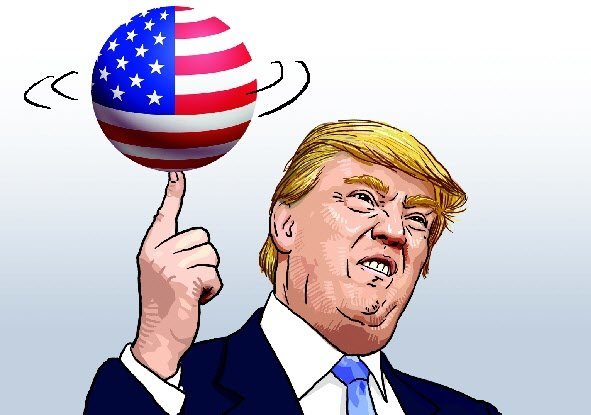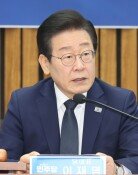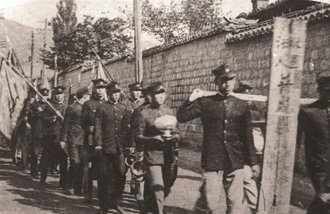'America First' policy and America's interests
'America First' policy and America's interests
Posted November. 12, 2024 08:12,
Updated November. 12, 2024 08:12

Trump has been elected president of the United States. Some people say that Korea may now be in trouble. During his campaign, Trump allegedly stated, “Korea is a money machine,” “We need to increase its defense spending,” and, “If there is a war in Europe, Taiwan, or on the Korean Peninsula, the United States cannot intervene. South Korea is not a priority.” He also made similar remarks about NATO and, regarding the war in Ukraine, seemed to imply that he did not know the situation and simply wanted the conflict to end, no matter the circumstances.
Trump's behavior is often characterized as America First and neo-isolationism. However, this doesn't necessarily mean a return to the Monroe Doctrine of 19th-century America. Back then, the United States was a young nation, led by first- and second-generation European immigrants. If the United States had intervened in a European war, it would have divided the country. That concern remains relevant today but differs from Monroe's era when the country already had a strong national identity.
Whether it is America First or isolationism, these arguments are rooted in American interests. In the past, the United States took on the role of primarily responsible for NATO's defense and intervened in conflicts worldwide because it was in its interests to do so. Isolationism is now being invoked because there is a widespread belief among the American electorate that isolation is better for America than intervention. But even if that belief were true, the world is already economically interconnected. Just because the U.S. can meet its energy needs with domestic oil, it doesn’t mean that if Middle Eastern oil fields were entirely destroyed, or if South Korea and Japan were drawn into war or even suffered a nuclear attack leading to their demise, U.S. interests wouldn’t be severely harmed.
Whether it’s Donald Trump or Kamala Harris, there are pros and cons for Korea. If the burden of defense spending increases, there may be opportunities for gains elsewhere. You can’t sail by blaming the wind; we must take advantage of headwinds or tailwinds.
Headline News
- Korean business leaders urge a halt to commercial law amendment
- Yoon begins extensive verification for cabinet and staff reshuffle
- Police confirm Pyongyang’s involvement in Ether heist in 2019
- Ukraine fires British Storm Shadows at targets on Russian territory
- Ulsan and Pohang compete to crown Korea’s soccer champions







